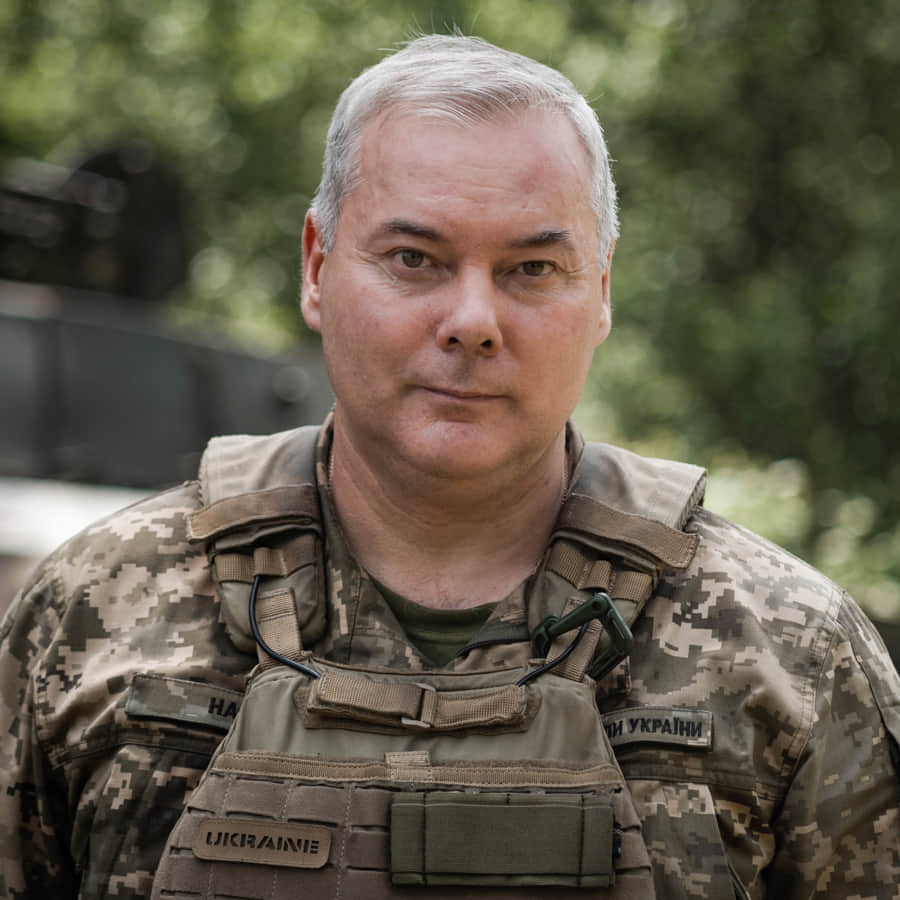“Each returned soldier is not the end of the story, but its beginning.”, – WRITE: www.pravda.com.ua
For me, as a commander, those who have returned from captivity are not only released defenders. These are servicemen with unique experience of survival, endurance, psychological resistance and adaptation to extreme conditions. Their experience is extremely valuable for the preparation of personnel in the conditions of constant rotation, mobilization and combat renewal of units.
It is advisable for these servicemen to entrust the functions of instructors, mentors, coordinators in combat and moral and psychological training. Their knowledge and life example are able to form the sustainability of recruits, develop motivation, reduce anxiety among personnel. The reintegration of such soldiers can significantly increase the functioning of the units. Returned military is able to act as catalysts of internal changes – in particular in those parts where the renewal of team culture, increased mutual trust and improving efficiency in difficult conditions is required.
Advertising:
It is very important that those who are captured do not stay away or isolated from the military environment. They should be supported psychologically and involved in systematic work. Their voice should be heard, experience – meaningful, and potential – realized within the military structure.
It should be noted that the focus of this exchange is not only the return of specific soldiers home, but also the consolidation of the fundamental principle. The state is fighting for people. In the years when the war is on exhaustion, the key resource is not equipment and ammunition, but living power. A prepared, experienced, motivated fighter is the most important element of combat efficiency. That is why the concept of struggle for everyone should move from the moral plane into the military-strategic doctrine of preservation of personnel.
Similar exchanges should be considered both state policy tools that affect both front dynamics and diplomatic processes. First, the exchange of prisoners has a powerful information effect. It demonstrates Ukraine’s ability to coordinate complex humanitarian processes, even in the face of an active phase of war. Secondly, such actions significantly increase the moral spirit of the troops. A fighter who knows that in case of captivity he will not be forgotten, has a different internal resistance in battle.
In the long run, it also strengthens confidence in the military-state system. Both among military and civilians. Trust in the army as a structure that does not leave its own is a key factor in war.
Changing accents to achieve results at any cost of preserving personnel requires a new type of commander’s thinking. The modern commander should be both a tactic and a leader. Its value is determined by the ability to achieve the goal and the ability to return their people alive. This is a new command standard that should be supported by all security and defense management levels.
However, the exchange of prisoners has a powerful psychological and social effect. For society, it is evidence that the state does not throw its. For the families of the military, it is a deeply personal act of returning, restoring communication, victory over despair. It is these events that form a collective belief in justice.
In mobilization, it is extremely important to form an image of an army that saves, not spends. This directly affects the readiness for service, the quality of the rear support, the combat spirit. And if Ukraine seeks to defeat not only in this war, but also in the post -war recovery, then the person must be at the center of all politicians. Security, information, mobilization, social.
Definitely the exchange of prisoners of war can be considered not only as a humanitarian event, but a meaningful signal about what modern Ukraine is in the war. It is a mirror of its military ethics, national identity and long -term survival strategy as a state. It is a marker of transformation of approaches to war. And at the heart of this transformation is the understanding that the main value of the state in the face of total confrontation is the Ukrainian soldier as a carrier of will, experience and responsibility. Every prisoner who returned is a confirmation that the state recognizes the value of the individual, even in the most difficult conditions.
The successful return of prisoners forms a new strategic culture. In this culture, every warrior is recognized by the state as an indispensable part of the victory, and every family – as part of the national rear, which holds the defense no worse than the front. Human life becomes not an abstract slogan, but a criterion for command efficiency, criterion of political decisions, the criterion of our power.
I think that from this crucial event we need to give a lesson, which is that every returned soldier is not the end of the story, but its beginning. This is a chance to change the army from the inside, strengthen its morality, strengthen training, convey experience, update team approaches. This is the basis for the transition from the military logic of survival to the logic of transformation.
Ukraine, which fights for everyone, forms a new type of statehood. It is a state that does not turn away from its even darkest time. It is a state that is capable of wage not only weapons, but also conscience, responsibility, humanity. And it is this quality, this depth of meanings and decisions that can eventually provide victory-not only on the battlefield, but also in the future peaceful society, which we choose daily.
Sergey Naev
A column is a material that reflects the author’s point of view. The text of the column does not claim the objectivity and comprehensive coverage of the topic that rises in it. The editorial board of “Ukrainian Truth” is not responsible for the accuracy and interpretation of the information provided and plays only the role of the carrier. The point of view of the UP editorial board may not coincide with the point of view of the author of the column.
